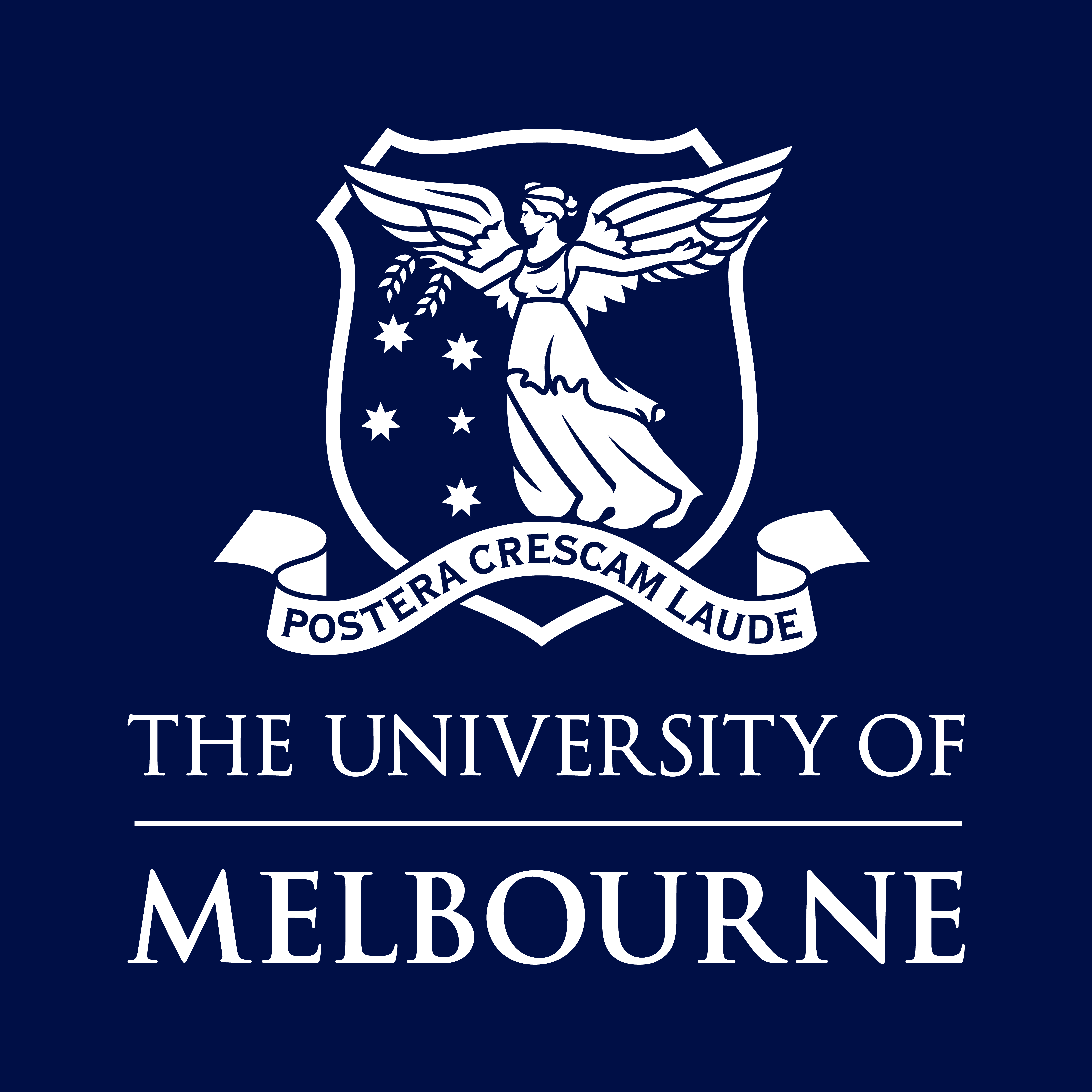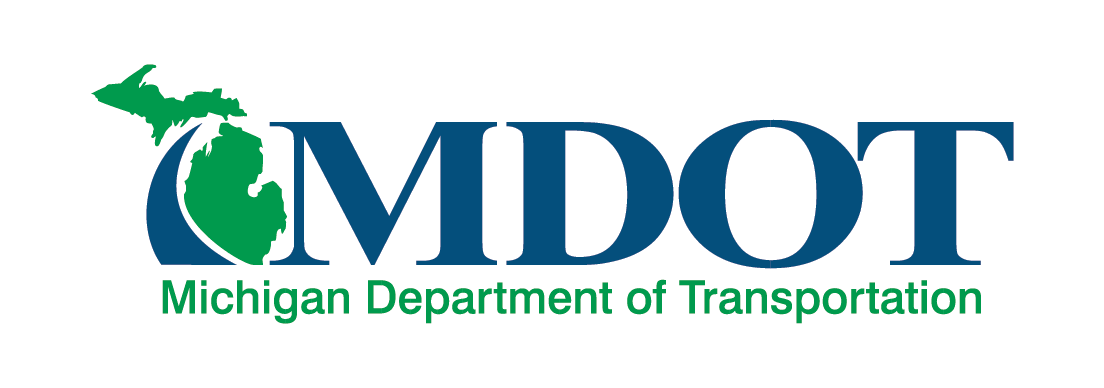
Roadway infrastructure – major highways, arterials and streets – has traditionally lagged vehicles when it comes to the application of new technology. For jurisdictional, economic and engineering reasons, roadway technology has concentrated on specific locations (intersections and merges) and has been designed mainly for safety and traffic control.
Over time, there has been increased usage of adaptive traffic management in corridors, and over multiple corridors, and certain deployment of ITS to combat traffic congestion. With the current explosion of new and powerful digital technologies in vehicles, parallel deployment in the infrastructure is gaining momentum. The use of simple sensors coupled with wireless and cellular communication, high-definition mapping, wide-angle machine vision, lidar, and artificial intelligence enable more sophisticated network analytics, including traffic prediction.
Ultimately, both vehicles and infrastructure will be designed more with each other in mind. Current reconsideration of long-standing road design practices to better serve automated vehicles is a good example of the needed accommodations between two worlds of technology, engineering and practice.
Recording
Panellists
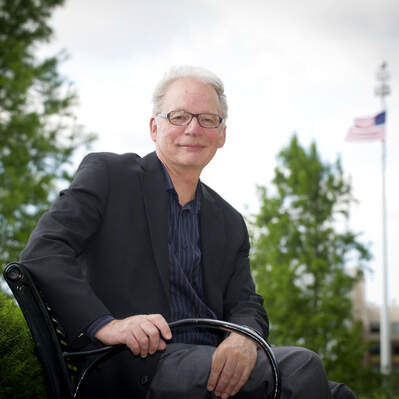
Dr Peter F. Sweatman
Enterprise Professor in Transport Technologies / The University of Melbourne
Dr Sweatman has over 30 years of experience in transportation research and innovation, and the application of R&D. That experience encompasses vehicles, drivers, and infrastructure and impinges on technology, policy, and strategic planning. He is a trusted international voice on connected and automated vehicles, safety, ITS, transportation research and education, and freight technology and policy. He has worked extensively in Europe and Asia-Pacific as well as the United States.
Dr Sweatman is the recipient of the 2020 Max Lay Lifetime Achievement Award, read more here.



David Buckley-Bolt
Director Sales and Solutions APAC / SKIDATA
David Buckley-Bolt earned his Masters degree of Mechanical Engineering from the University of Strathclyde and International Business from Nanyang Technology University in Singapore. David has more than 10 years of experience with product development, regional group management, business development, and consulting. David is a passionate advocate for adoption of safer, smarter infrastructure.

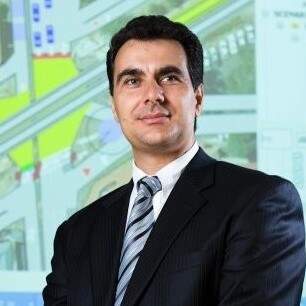
Professor Rocco Zito
Professor in Civil Engineering, College of Science and Engineering / Flinders University
Rocco is Professor and Head of Civil Engineering at Flinders University, a position that he took up in July 2014. As a part of this leadership role he manages numerous research projects and teaching programs at the undergraduate and postgraduate level. Previous to this he was the head of Transport Research and Teaching at UniSA. His research interests include the use of the Global Positioning System (GPS) for transportation applications. This research work has mainly involved the use of Intelligent Transport System technologies to improve the effectiveness of transport. He also has a background in the assessment and investigation of the environmental impacts of various transport policy initiatives, including the use of alternative fuels and vehicles. Rocco is currently also heavily involved in connected and autonomous vehicle research and trials.

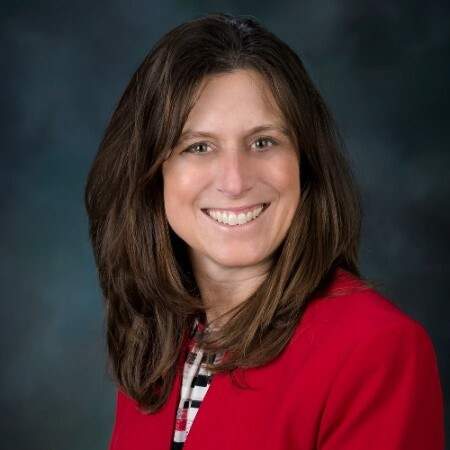
Michele Mueller
Sr. Project Manager Connected and Automated Vehicles / Michigan Department of Transportation




